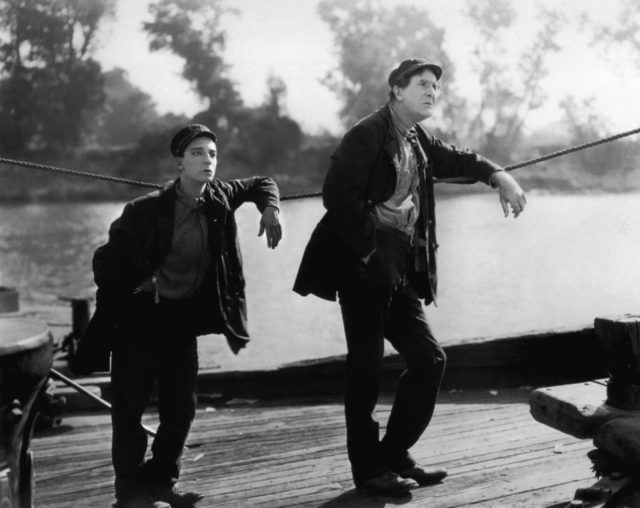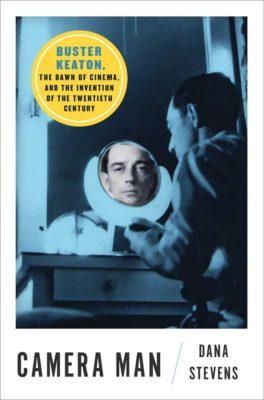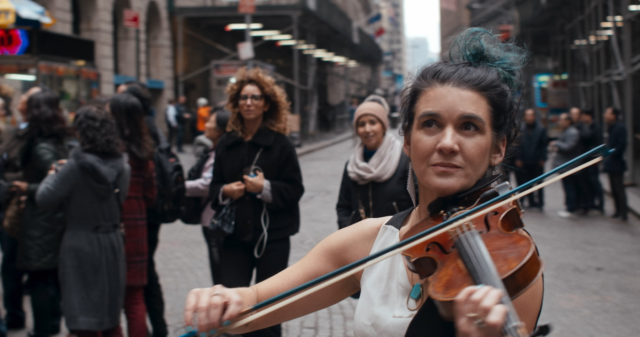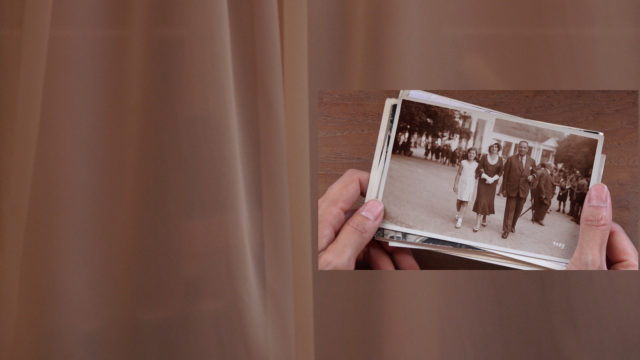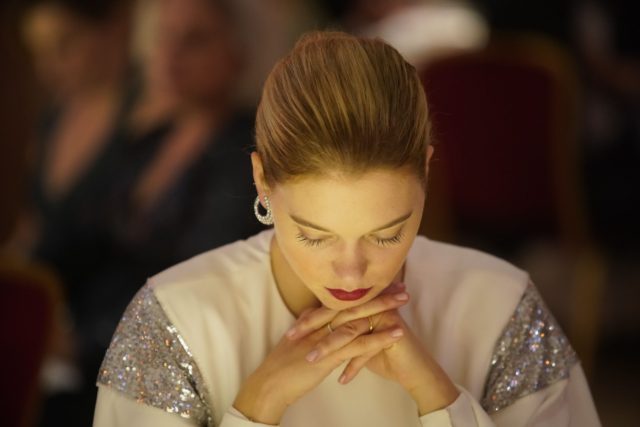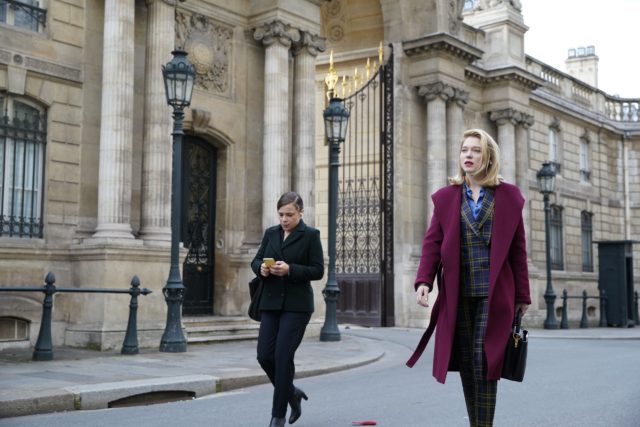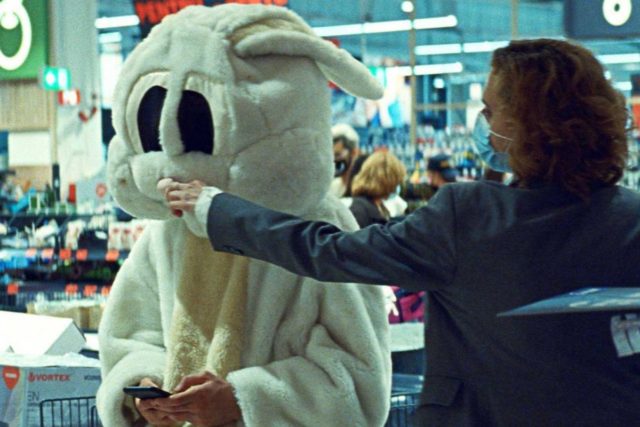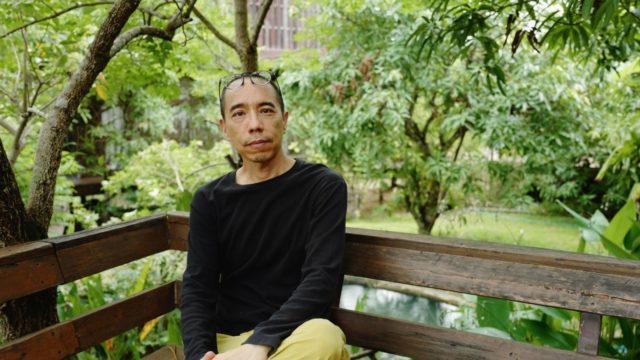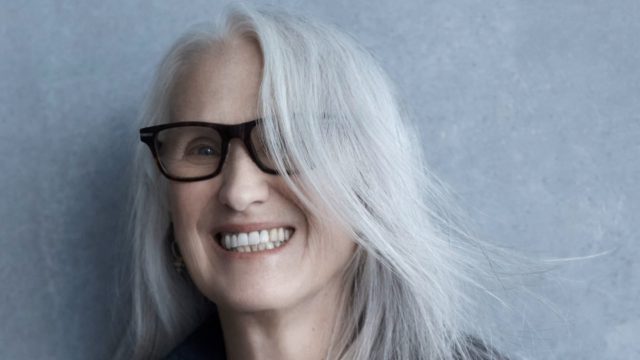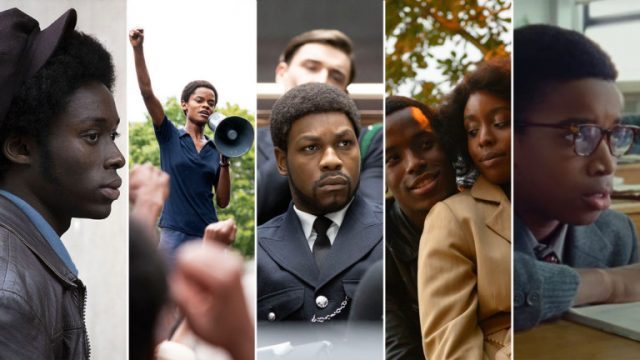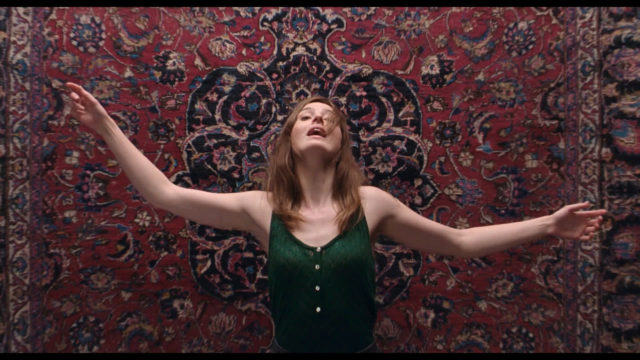
Renate Reinsve is captivating as a free spirit unable to settle down in The Worst Person in the World
THE OSLO TRILOGY
Film at Lincoln Center, Walter Reade Theater
165 West 65th St. at Amsterdam Ave.
January 28 – February 3
The Worst Person in the World opens February 4
212-875-5601
www.filmlinc.org
neonrated.com
Norwegian director Joachim Trier concludes his Oslo Trilogy with the riveting The Worst Person in the World, which is having a preview screening at Lincoln Center on January 28 before opening there on February 4. Shortlisted for Best International Feature Film, it is part of a weeklong series that includes the first two parts of the trilogy, 2006’s Reprise and 2011’s Oslo, August 31st, along with works selected by Trier and cowriter Eskil Vogt that influenced them.
The Worst Person in the World is highlighted by an unforgettable, captivating performance by Renate Reinsve, who was named Best Actress at Cannes for her portrayal of a young woman who knows what she doesn’t want but isn’t sure about what she does desire. Divided into twelve chapters in addition to a prologue and epilogue, the film follows Julie as she goes from a medical student to a bookstore employee to a photographer, along the way falling in and out of love with a series of men she doesn’t always treat very well. We are often appalled by what Julie does and says, but it’s nearly impossible to turn our backs on her.
Kasper Tuxen’s camera utterly adores Reinsve, with alluring close-ups of her extraordinary eyes, which reveal both her need to be with someone and her craving for freedom. Shortly after meeting Aksel (Anders Danielsen Lie), an older comic book artist, Julie crashes a wedding party and is instantly drawn to Eivind (Herbert Nordrum); although both have significant others, they dive straight into a gorgeously filmed seduction that involves no touching, wondering whether that counts as cheating. It’s a marvelous scene that questions the very nature of relationships and fidelity and sets the stage for everything that comes next.
Despite Julie’s being the protagonist, the title does not refer only to her; at one point, Eivind thinks he might be the worst person in the world, and the film is likely to make you consider whether you have done anything in your life worthy of the designation. Trier and Vogt explore the dichotomy of intimacy and independence, resulting in a work of deep thought and intelligence. There will be a postscreening Q&A on January 28 at 6:00 with Trier, Reinsve, and Lie, who has major roles in all three part of the trilogy; Trier and Reinsve will be back at the Walter Reade Theater on February 4 for a Q&A following the 5:30 show.
The Oslo Trilogy began in 2006 with Trier’s feature debut, Reprise, in which Erik (Espen Klouman Høiner) and Phillip (Lie) are best friends who want to become literary sensations. Their lives spiral in and out of control as their dreams come within reach in a film swirling with a punk aesthetic. Reprise is screening January 29 and 31 and February 3, with Trier and Lie on hand for a Q&A at the January 29 show at 6:00.
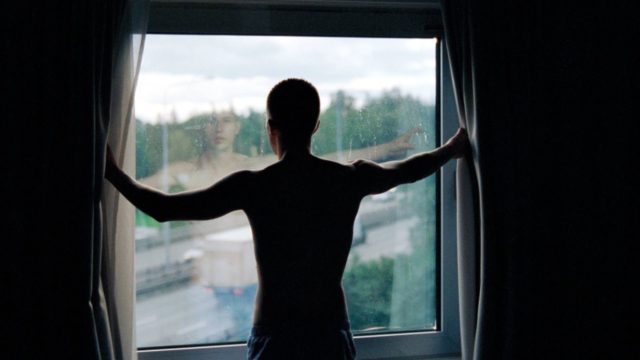
Anders Danielsen Lie is brilliant as a young man trapped in a world of his own making in Oslo, August 31st
Lie is brilliant as a drug addict in Oslo, August 31st, the middle section of the trilogy. He stars as Anders, a junkie who, early on, attempts suicide by filling his pockets with heavy stones and walking into a lake, a la Virginia Woolf. At the last minute he changes his mind and returns to the rehab clinic where he’s trying to get clean. But when he gets a one-day leave in order to interview for a plum job, as an editorial assistant for a well-known literary journal, he challenges his sobriety by visiting old friends and an ex-lover he still pines for and seeking to see his sister, who is severely disappointed in him.
Lie is a powder keg of desperation as Anders, reminiscent of Jeremy Strong’s portrayal of Kendall Roy in Succession. He is lost in his own warped reality, refusing help when offered, sure that he is the only one who really understands what is going on inside him. It’s all the more painful to watch because he is wasting such promise, wandering from scene to scene in a fog of his own making. It’s a cautionary tale that begins with random people talking about their life in Oslo, as Trier and Vogt narrow down to the details of one man’s ills. Oslo, August 31st is screening January 30 and February 2 and 3, with Trier and Lie participating in a Q&A at the January 30 show 2:30.
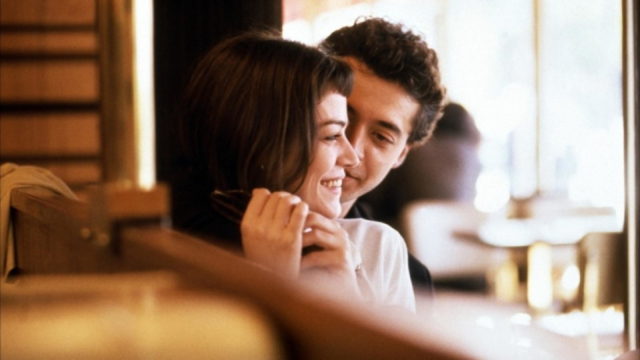
Joachim Trier will introduce Arnaud Desplechin’s My Sex Life . . . or How I Got into an Argument at Lincoln Center on January 30
In conjunction with the theatrical opening of The Worst Person in the World on February 4, Trier and Cogt have chosen nine films that have impacted their work and/or they just plain love. The impressive list consists of Martin Scorsese’s The Age of Innocence (introduced by Trier on January 29), John Hughes’s The Breakfast Club, Agnès Varda’s Cléo from 5 to 7, Éric Rohmer’s The Green Ray (introduced by Trier on January 28), Alain Resnais’s Hiroshima mon amour, a digital restoration of Arnaud Desplechin’s My Sex Life . . . or How I Got into an Argument (introduced by Trier on January 30), George Cukor’s The Philadelphia Story, Erik Løchen’s Remonstrance, and Larisa Shepitko’s Wings.
